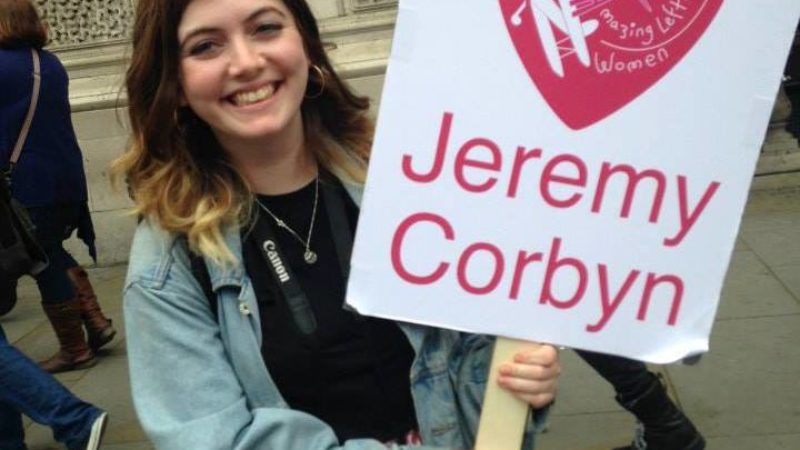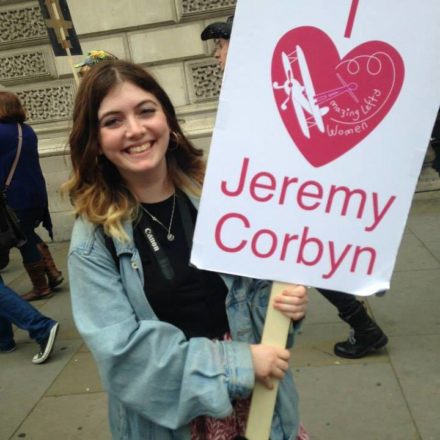

Last Thursday Labour faced the biggest test in public opinion since the general election. There were big wins (London), big losses (Scotland) and modest change in England and Wales.
On the news you will find the much-quoted “this is the first time since 1985 an opposition party has lost seats in a local election” factoid, and on the internet you can find the much-shared infographics emphasising the high percentage (47 per cent) of seats council seats retained compared with other first-time leaders. So who’s right? Were these results good for Labour, or proof that Corbyn-led Labour is on track for certain defeat at 2020?
Well both are misleading. Measuring a leader’s relative success based on percentage of seats won at their first set of local elections of course depends on crucial factors like which councils are up for election. Lots of Labour councils were up last Thursday, so we should of course expect a fairly high percentage to remain Labour under any leader.
But equally those touting Cameron’s line “only opposition since 1985 not to make gains” need to interrogate the numbers and circumstances more closely. Firstly, let’s not overstate the losses: we lost just 18 seats, that is less than half what the Conservatives lost, and considerably better than the doomsday predictions 100+ seats lost.
But more importantly still, we were coming from an incredible high in 2012 (Ed Miliband gained 823 seats). The context to this incredible gain was that Labour benefited from the depletion, not only of the Conservative vote, but also the Liberal Democrats. With the Liberal Democrats no longer in government, it would have been unwise to assume they would continue to lose seats, and indeed they made a modest revival, eating into Labour’s potential to make gains.
Equally, UKIP has risen considerably as an electoral force in the past four years. Bolstered by the upcoming EU referendum, UKIP gains were to be expected, many of which came at Labour’s expense. Under these conditions, then, to increase on 2012’s result by the 400 seats some MPs were demanding would have meant we would have had to win 62% of the seats up for grabs and essentially halve the Conservative tally. This would be an absurdly optimistic target under any circumstances.
And of, course, let’s not forget, even amidst Miliband’s strong performance in 2012, Labour failed to win back the London Mayoralty. In London, Sadiq Khan won back City Hall for the first time since 2004 with a landslide victory. The significance of this victory, both for Labour and the Conservatives should not be under-stated. Not only does it mean Londoners will now have the kind of mayor they need; more concerned with tackling housing and transport than vanity projects. It is also being hailed as a shift away from “personality” politics in mayoralties, back to voting on party lines; a trend that should benefit Labour in the long-run, as we continue to do well in metropolitan areas. Moreover, the nasty, dog-whistle campaign Zac Goldsmith ran will not be forgotten by Europe’s most diverse city any time soon. Goldsmith’s campaign will damage the Conservatives in London for years and years to come.
And then there is Scotland. There’s no way to cut coming third in the Scottish parliament as anything short of bad news. And whilst I believe Corbyn’s anti-austerity message can only help Labour’s chances in Scotland, it only proves what we increasingly knew; that the task of winning back the trust of Scottish voters is much bigger than the right policy platform in an age of increasing Nationalism. What happened in Scotland was decades in the making, and it will take years, not months to repair.
And timing is of course, significant when weighing up the results as a whole. It is important to remember that 2012 is not the same point in the electoral cycle as 2016. Jeremy Corbyn has been leader for just eight months. With only one conference under his belt, just weeks after his own election, he is yet to present Labour’s policy platform for 2020. Meanwhile, in 2012, Miliband had already started laying out his vision for a ‘new economy’ of ‘responsible Capitalism’ and begun to flesh out Labour’s offering to the electorate.
Eight months into Corbyn’s leadership, Labour has managed to all but maintain Miliband’s 2012 high, increase vote-share on May 2015, and hold councils in key marginals like Nuneaton and Redditch. If we can do all this amidst the backdrop of an anti-Semitism row and months of headlines about Labour in-fighting, just imagine what we can do if the story coming out of Labour Party Conference this September is Labour’s policies, rather than Labour’s divisions.
Rachael Ward is a campaigns officer for London Young Labour and an activist with Momentum



More from LabourList
Humza Yousaf woes deepen as Labour files no-confidence vote in government
‘History and poll leads suggest Labour can be bolder, even if it costs some votes’
Labour warned ‘ethical foreign policy’ inevitably sparks charge of ‘hypocrisy’